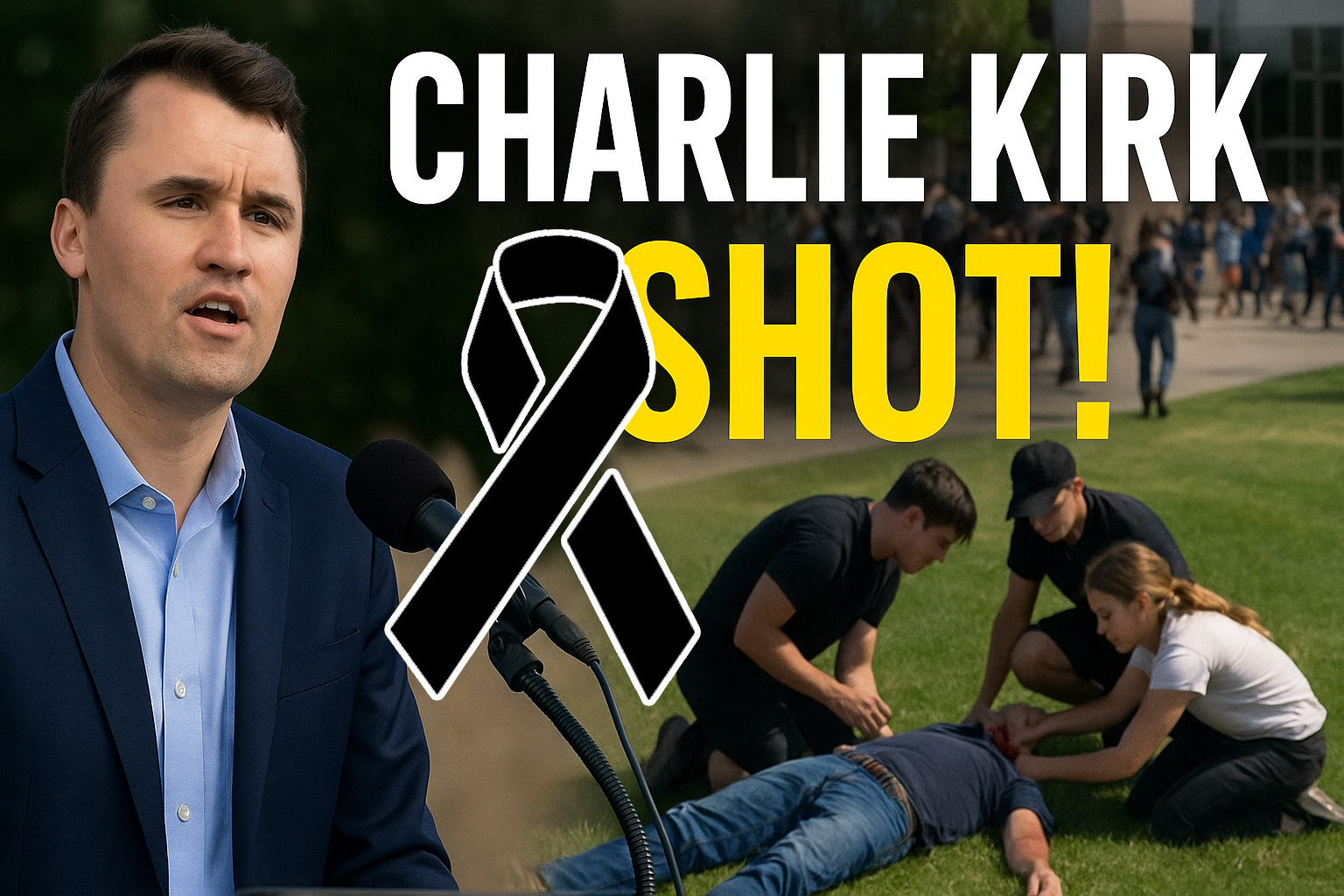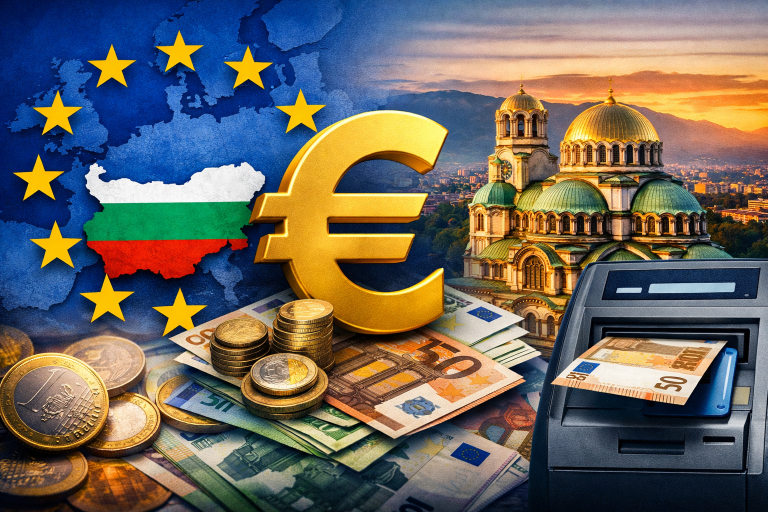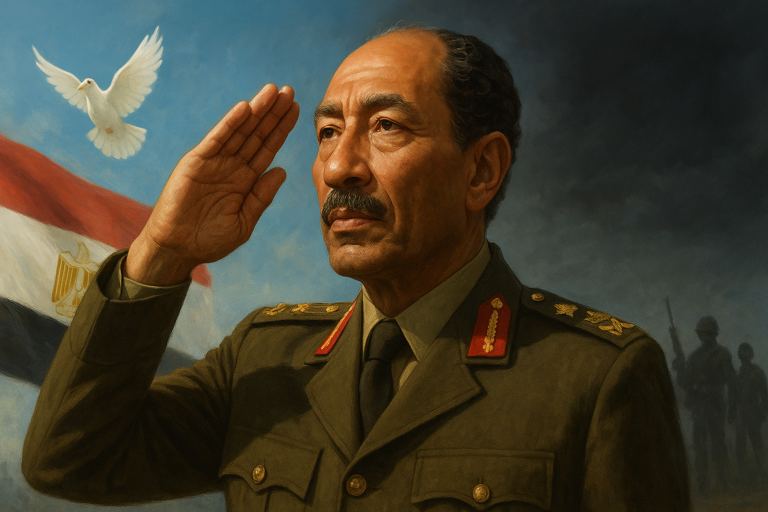
Political Terror in Utah: Charlie Kirk Shot and Killed
Charlie Kirk Murder in Utah: A Tragedy That Shocks Freedom of Expression
By [El Master]
Orem, Utah — On a day that should have been an exercise in the free exchange of ideas, political violence abruptly erupted, claiming the life of Charlie Kirk, co-founder of Turning Point USA, during an event at Utah Valley University on Wednesday, September 10, 2025. The open and peaceful nature of university campuses was disrupted by a cowardly and terrorist act: the shooting of a speaker from a distance of approximately 200-200 yards (approximately 180 meters), allegedly from the Losee Center building.
Kirk — 31, a husband and father of two — was participating in an outdoor event, part of his “American Comeback Tour,” when, approximately 20 minutes into the event, he was fatally shot in the neck.
Witnesses recall scenes of chaos: screams, runners, bodies lying on the ground. They collapsed in confusion and horror.
Authorities described the incident as a true “political assassination” (Utah Gov. Spencer Cox).
Initially, it was reported that a suspect had been arrested, but it was later clarified that the suspect had been released and that the perpetrator remains at large.
The investigation continues, with the involvement of the FBI and increased security on campus.
A reflection from a libertarian perspective with strong ethics.
From a libertarian perspective, which defends individual freedom, the open expression of ideas, nonviolence, and respect for the law, this event is a grim symbol of the degeneration that political discourse is experiencing in the United States.
Political Violence as a Collective Moral Failure
The attack on Kirk—regardless of the content of his political message—represents an absolute failure of civility: the use of force to silence ideas is incompatible with any free society.
University Campuses as Bastions of Debate, Not Aggression
Educational centers should be a refuge for the civilized exchange of arguments. Such acts undermine public confidence and reduce the university to a field of conspiracy and fear.
The Danger of Accelerated Sectarianism
Although the current political climate is toxic and polarized, the response cannot be less tolerant. Rejecting the opinions of others with violence is the antithesis of any libertarian conviction.
The Responsibility of All Citizens, Beyond Partisan Labels
Although many condemn the act—from Trump to democratic leaders—proclaiming a congress of unity while combating violence should be a top priority. And the libertarian commitment demands denouncing any attack on physical integrity and freedom of expression.
Political Landscape and Immediate Repercussions
Immediate Responses:
A moved Donald Trump ordered the flags lowered until Sunday and publicly mourned the loss of Kirk as a “legendary” figure.
Leaders such as JD Vance, Gavin Newsom, Barack Obama, and others have expressed solidarity, emphasizing that political violence is an insurmountable red line.
Student Activism and Community Response:
Texas A&M students (TPUSA chapter) held a vigil to honor his memory, a sign that his legacy remains alive among conservative youth.
Houston Chronicle
Larger Context:
This event is not an anomaly. It adds to a growing wave of political violence: legislators assassinated in Minnesota, politically motivated fires in Colorado, and even the assault on former President Trump.
Messages of Condolence
In this moment of grief, we extend our sincere condolences to Charlie Kirk’s family:
“Our prayers are with Erika, the children, and the entire Kirk family. May they find comfort in the midst of this tragedy.”
“We deeply mourn this loss. May peace and love surround those who love him in these dark days.”
Conclusion: A Call to Libertarian Ethics in Critical Times
Charlie Kirk’s death is a silent cry in the name of wounded liberty. The libertarian challenge is not to justify his message or positions, but to defend the right for that message to be heard, no matter how controversial. The response must be clear:
Zero political violence: as an ethical principle, there is no room for physical attacks on dissent.
Strengthen the culture of civil debate: foster spaces where ideas can be confronted without fear.
Defend the victims of fanaticism: regardless of their ideological orientation, every attack on a speaker is an attack on the idea of freedom itself.
The supremely libertarian act today is to prevent fear and sectarianism from triumphing over freedom of expression. Kirk’s memory—not his ideology, but his right to express it—deserves to be honored in that spirit.





